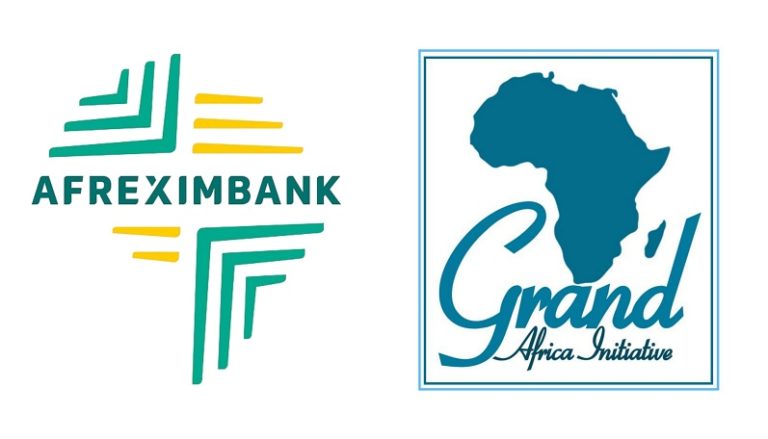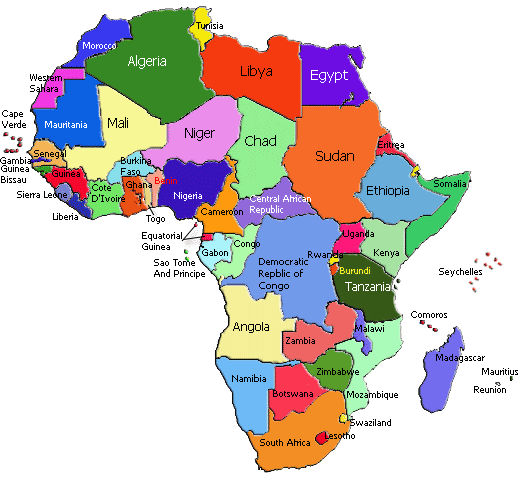The Evolution of Digital Banking: Lessons from Nigeria’s Tech Rebirth

Introduction: A New Dawn for Money
There was a time when “banking” in Nigeria meant long queues, paper slips, and limited access. Only a few decades ago, financial inclusion was a privilege, not a right. Today, however, we’ve witnessed one of Africa’s most profound digital transformations, the rise of digital banking. From the early days of SMS alerts to the sophisticated fintech ecosystems of today, Nigeria’s journey has been nothing short of revolutionary.
This evolution tells a powerful story, not just about technology, but about innovation, resilience, and the reimagining of trust. And for young people entering the tech ecosystem, Nigeria’s experience offers invaluable lessons on what it takes to build, adapt, and lead in a digital-first world.
Phase One: From Manual to Mobile
The first wave of digital banking in Nigeria began in the early 2000s, with the introduction of basic electronic banking systems like ATMs, debit cards, and internet banking portals. These were the building blocks that changed how Nigerians interacted with money.
Banks like GTBank, Zenith Bank, UBA, and Access Bank pioneered digital adoption, focusing on online transfers and mobile alerts. This phase laid the groundwork for a culture of convenience, a realization that money could move faster than paperwork.
But it wasn’t without challenges. Poor internet connectivity, low smartphone penetration, and customer mistrust meant adoption was gradual. Yet, it planted the seed for something bigger, a belief that technology could reimagine finance.
Phase Two: The Fintech Disruption
The 2010s saw the rise of Nigeria’s fintech revolution. Startups like Interswitch, Flutterwave, Paystack, and later, OPay and Kuda, began rewriting the rules. They built systems that were not only faster and more reliable but also designed for the digital-native generation.
These innovators didn’t just digitize existing banking; they democratized it. With mobile-first platforms and API-driven payments, fintechs unlocked new possibilities: instant transfers, seamless bill payments, digital wallets, and later, micro-investments and lending.
This was the age of disruption. The unbanked became banked. The informal economy became visible. Nigeria became Africa’s fintech capital, and the world began to take notice.
Phase Three: The Platform Era
Today, digital banking in Nigeria is entering a new phase, one defined by ecosystems rather than institutions. Traditional banks are now technology companies, and fintechs are becoming banks. Partnerships between financial service providers, telcos, and startups are reshaping the landscape into a dynamic, interoperable network.
Central Bank of Nigeria’s introduction of the eNaira, open banking frameworks, and increased investment in digital infrastructure have positioned Nigeria as a continental leader in financial innovation. Yet, this evolution is not just about products; it’s about platforms that connect people, data, and opportunity.
In this new era, success is defined not by who owns the customer, but by who creates the most value for them.
Lessons for the Next Generation of Tech Builders
For young people passionate about technology and innovation, Nigeria’s digital banking journey offers profound mentorship lessons:
- Start with real problems. Every successful fintech solved something deeply human: access, trust, convenience, or transparency. Technology is powerful only when it meets real needs.
- Embrace regulation, don’t resist it. Many young founders see regulators as obstacles. In truth, the most enduring innovations in fintech emerge from collaboration, not confrontation.
- Build for inclusion. Nigeria’s greatest fintechs didn’t chase trends, they built for everyday Nigerians. Rural connectivity, informal economies, and small businesses are still ripe for disruption.
- Data is the new currency. The next generation of digital banks will compete not on products, but on insights using data to personalize, predict, and protect.
- Think beyond borders. Nigeria’s fintech story is now Africa’s story. The next leap will come from regional integration, enabling cross-border payments, remittances, and digital trade.
The Road Ahead: From Fintech to Techfin
We are now witnessing a convergence where finance is no longer a standalone industry, but a service embedded within technology itself. This shift from fintech to techfin means that banking will soon live inside everything we do, our phones, cars, wearables, and even social networks.
For Nigeria, this presents both opportunity and responsibility. As we build, we must prioritize security, digital literacy, and sustainability. The true promise of digital banking is not just financial access; it is financial empowerment.
Final Thoughts
The story of digital banking in Nigeria is not merely about apps or APIs; it’s about aspiration. It’s a testament to what happens when technology meets purpose, and when a generation dares to redefine what’s possible.
To every young innovator reading this: the next great transformation won’t come from abroad. It will come from you, from your code, your creativity, and your courage to build systems that serve people, not just profits.
The future of banking is being written in Nigeria. And the pen is in your hands.
About the Author
David Otukpe is a technology leader and digital transformation expert with over 10 years of experience in financial services and product innovation. He is passionate about building technology and platforms that drive inclusion, customer growth, and sustainable business impact.
He recently moved to the UK, having worked with some of the biggest banks in Nigeria, like Access Bank, UBA, and Stanbic IBTC. He currently works as the Head of Savings Product, Pricing, and Management Information at One Savings Bank Group, a specialist bank based in the UK.







